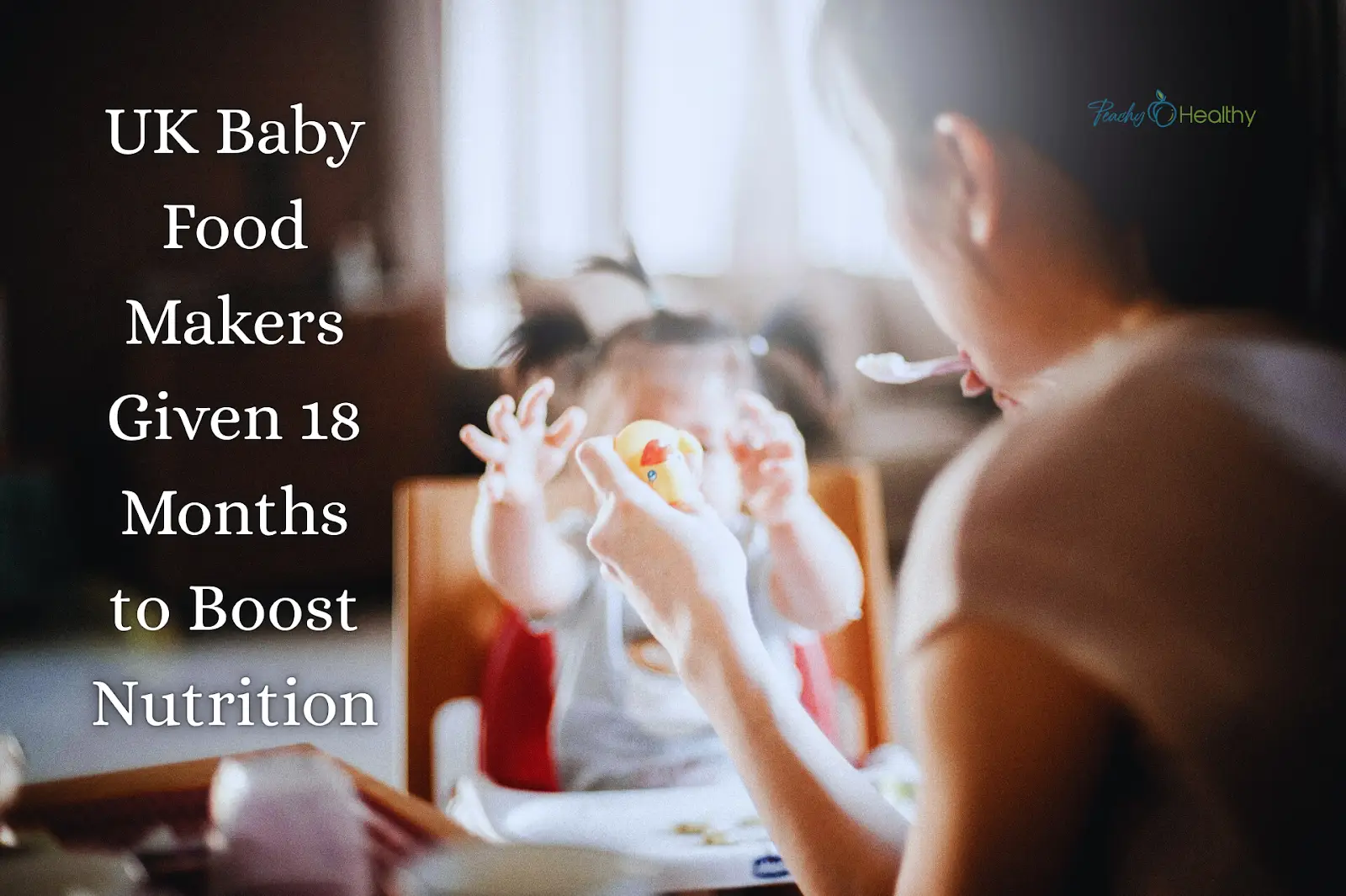Baby food companies in England have been allowed 18 months to improve the nutritional quality of their products as the concern over sugar-laden and low-nutrient products from a few leading brands grows. The government has issued voluntary guidelines recommending the reduction of sugar and salt to be added to foods for infants and toddlers, along with clearer labelling to avoid any misleading marketing claims.
Products labelled with phrases such as contains no nasties have often been found to be high in sugar. Others, marketed as snacks for babies, go against government advice that children aged six to 12 months do not need snacks between meals, only milk. Researchers have flagged that top brands like Ella’s Kitchen and Heinz were producing nutritionally poor baby food that fails to meet infants’ dietary needs.
Voluntary Guidelines and Nutritional Concerns
A University of Leeds study published in April found many baby foods were high in sugar and carried misleading claims. The authors suggested applying a traffic light system, similar to chocolate bars and ice cream, to help parents identify healthier options. Dr Diane Threapleton, lead author of the Leeds study, commented:
“They’re quite narrow in scope, only looking at sugar and salt. But salt is not a major concern in UK baby food.”
She also stressed that the voluntary guidelines do not address the poor nutritional content of many purees and pouches aimed at weaning babies. The NHS advises starting weaning around six months with unsweetened vegetables, such as broccoli, cauliflower, and spinach. These products are often too watery. Children need really energy-dense food, rich nutrient-dense food with lots of different fibres and different sources of iron and zinc,
She said,
“But these purees, particularly those targeted as first weaning foods, are really low in energy. They are bad substitutions, especially if you’re displacing a nutritious milk feed.”
High sugar levels in children’s diets contribute significantly to childhood obesity, which is among the highest in Western Europe. Latest statistics show that more than 22% of children in England are obese or overweight at the start of primary school. Public Health Minister Ashley Dalton noted that the new guidance would help parents who are often bombarded with confusing labels, disguising unhealthy foods packed with hidden sugars and salt.
Government Action and Impact on Sales
Prof Simon Kenny, NHS England’s national clinical director for children and young people, added:
“These new guidelines alongside clearer labelling will help empower busy parents to make nutritious choices that give their children the best possible start in life.”
A House of Lords report last year found commercial infant foods are routinely high in sugar and marketed misleadingly and urged the government to implement mandatory legal standards for baby foods, without input from manufacturers. A spokesperson from the Department of Health and Social Care said manufacturers are expected to comply within 18 months:
“If businesses fail to act, we will consider tougher measures.”
Previous studies show that legislation in England restricting the sale of foods high in fat, sugar, or salt has led to millions fewer products being bought. Researchers from the University of Leeds estimated that 2 million fewer such items were sold daily after the law took effect in 2022, with purchases dropping from 20 out of every 100 products to 19 out of every 100 in major supermarkets including Tesco, Morrisons, Sainsbury’s, and Asda.




